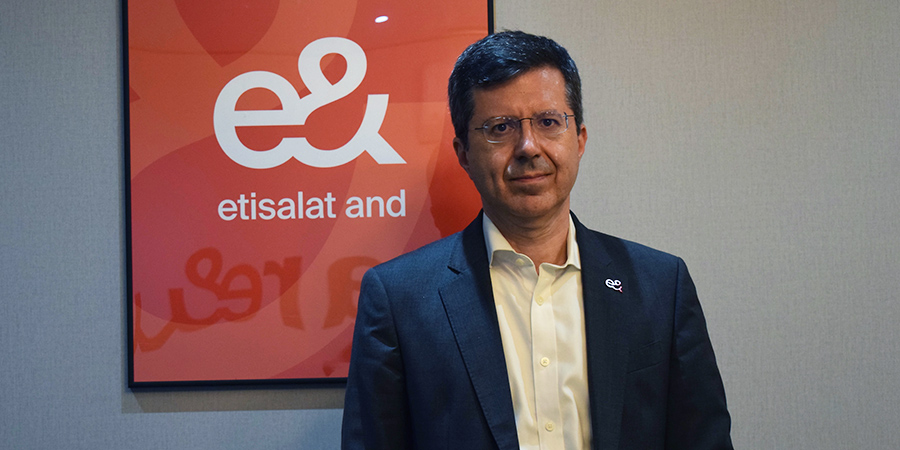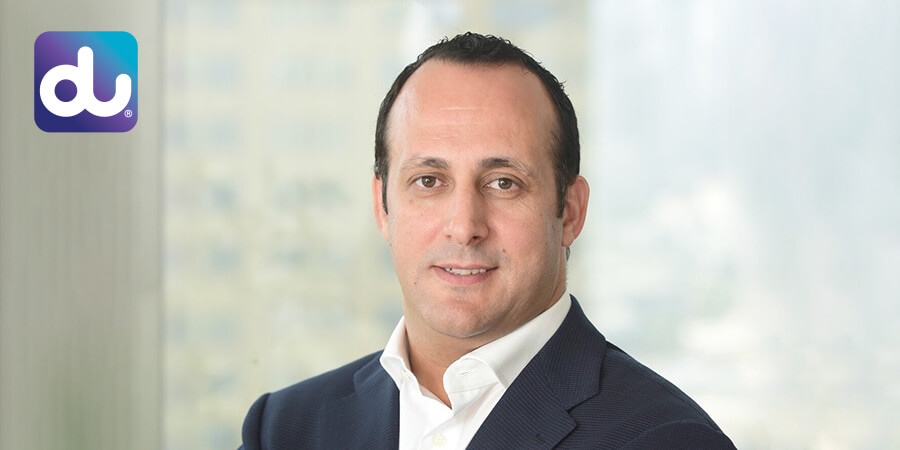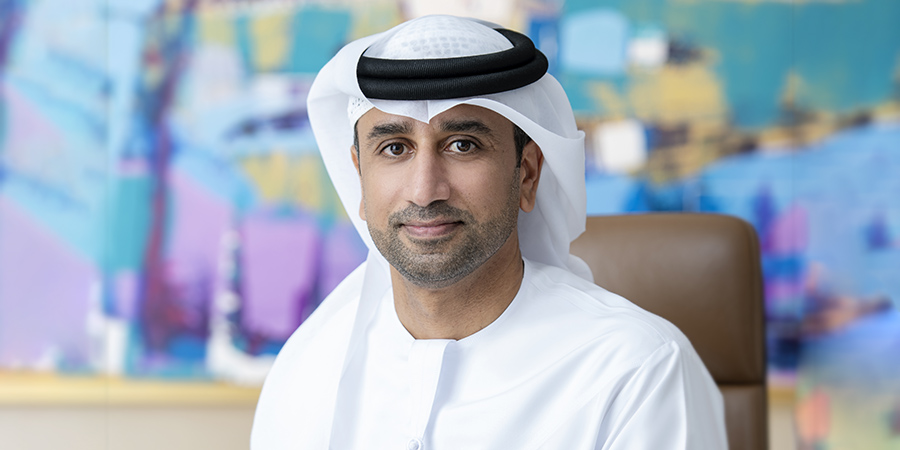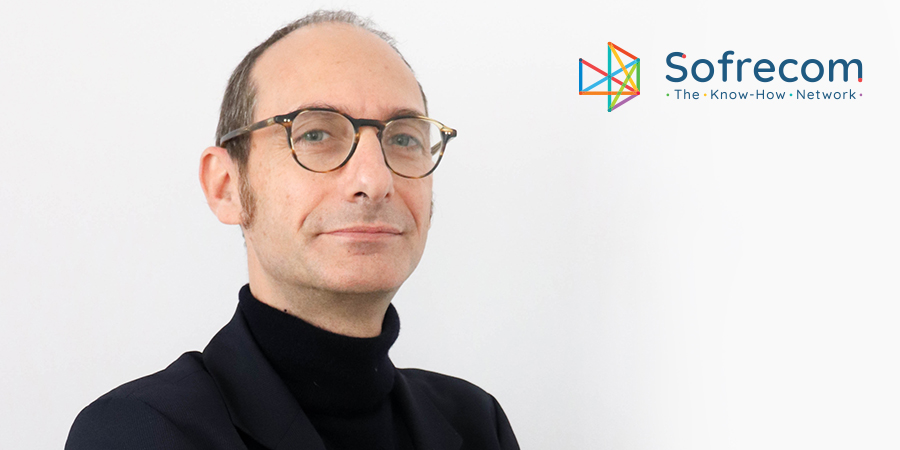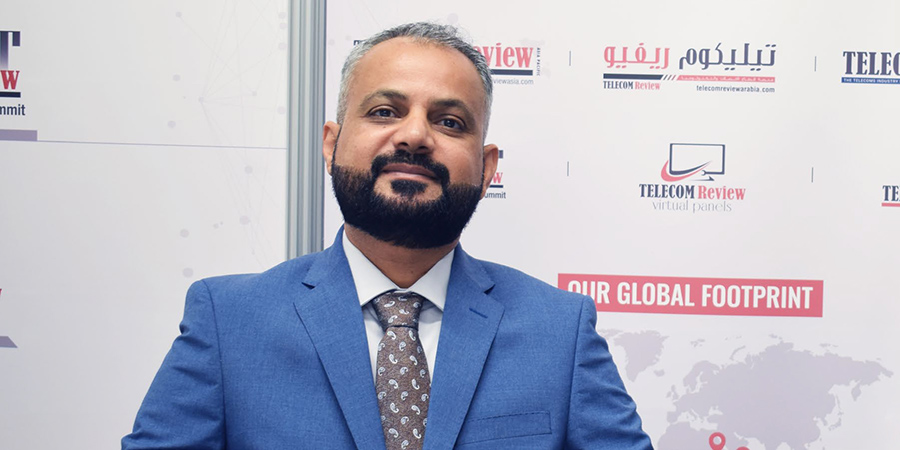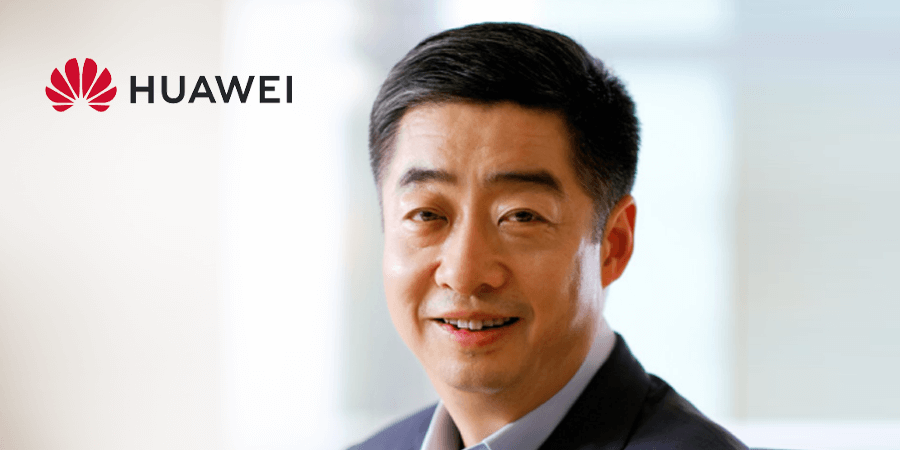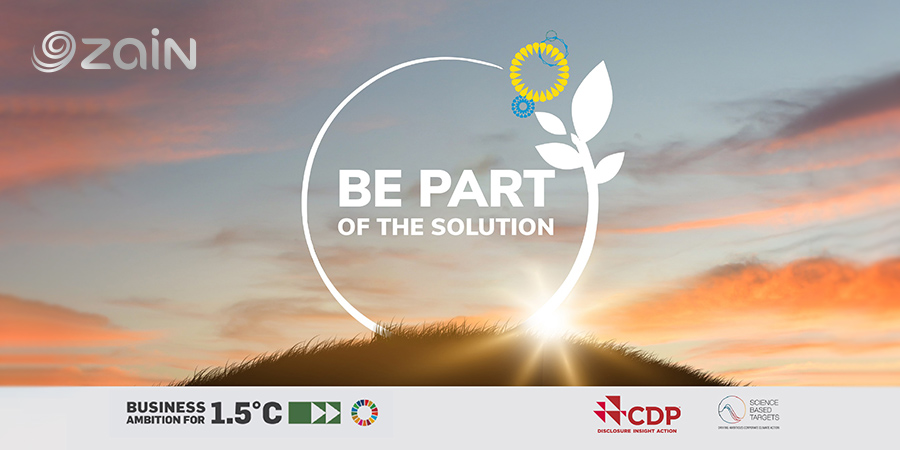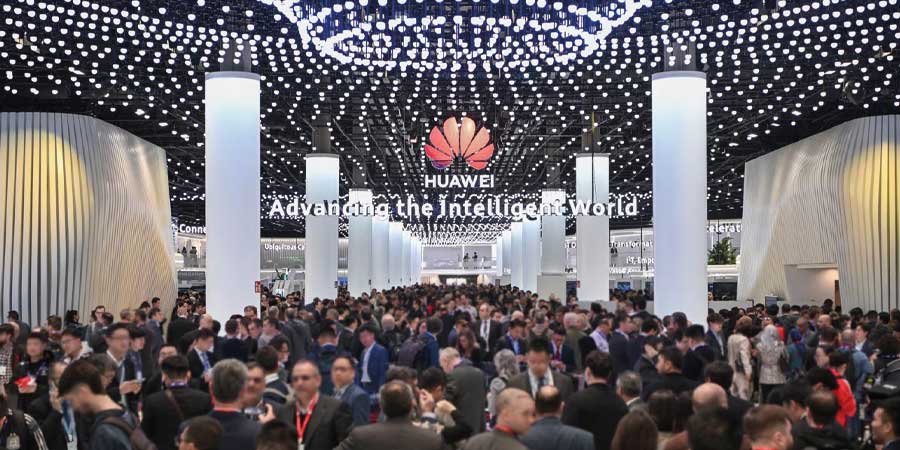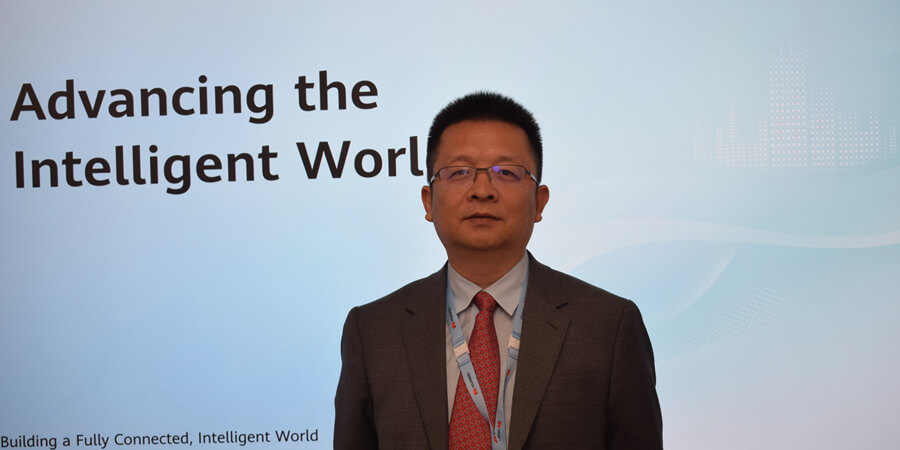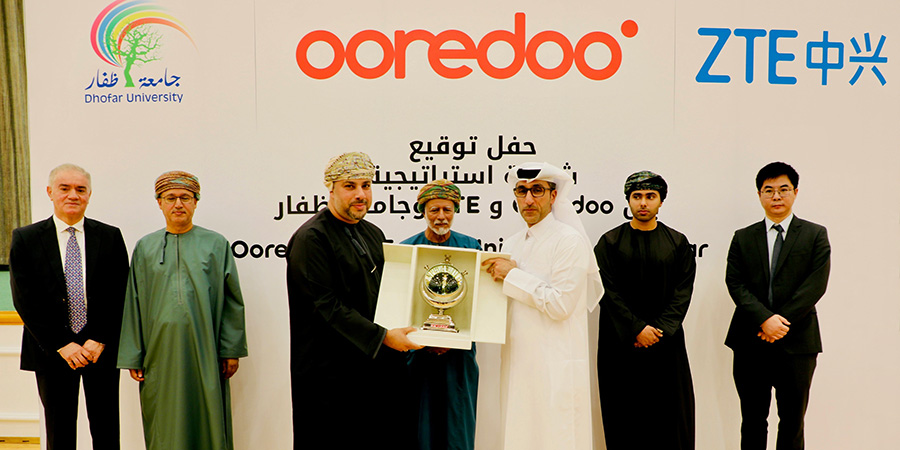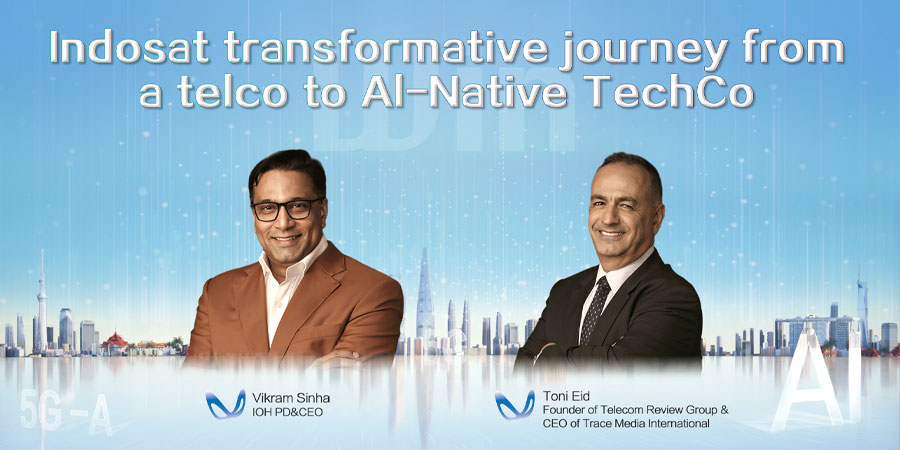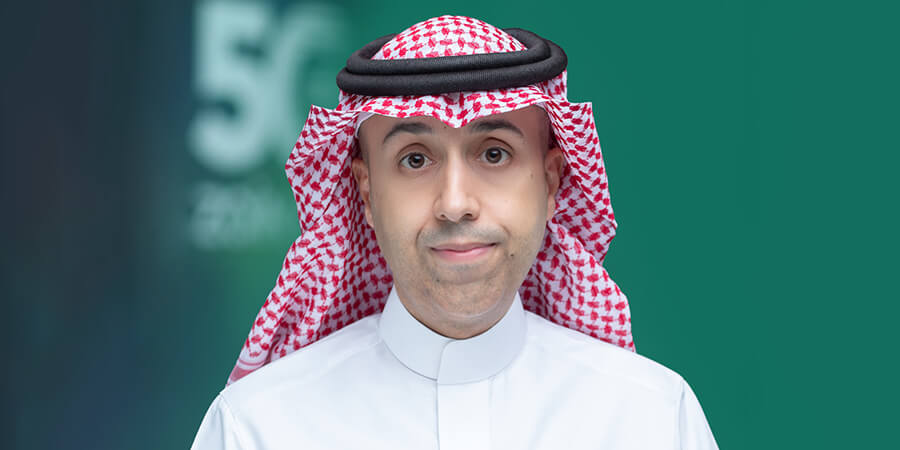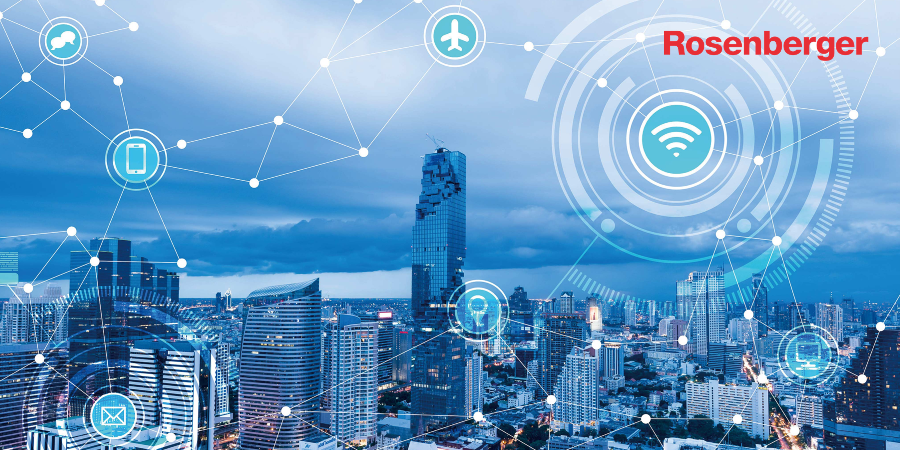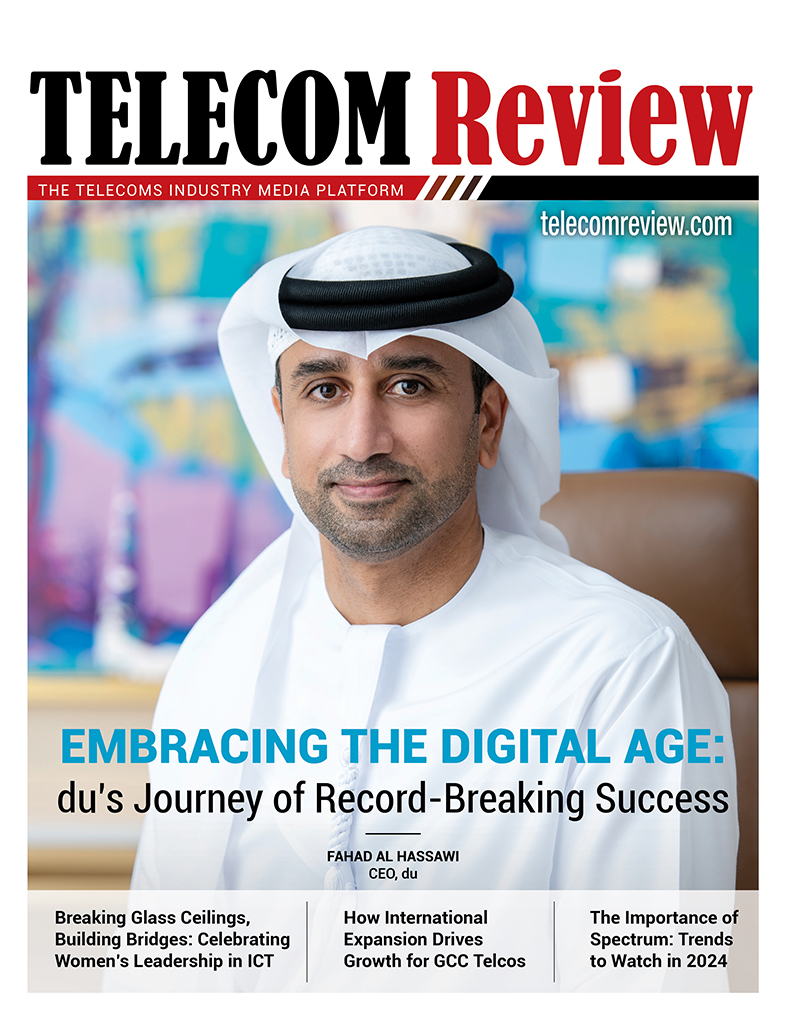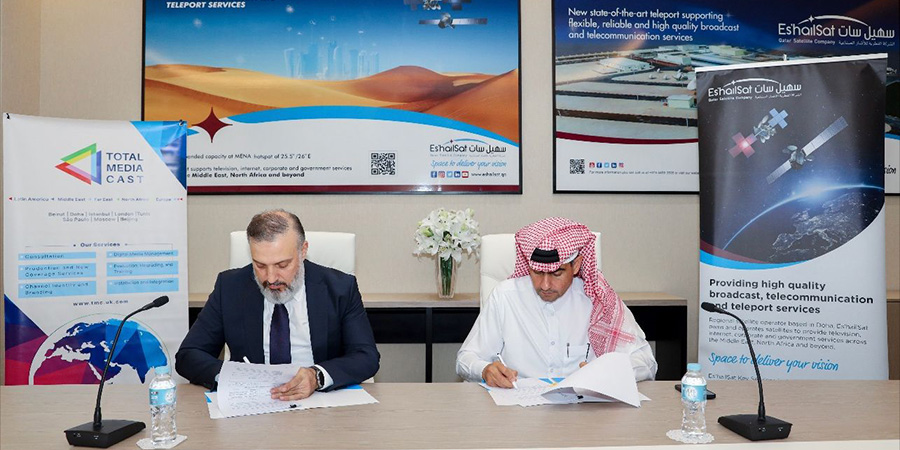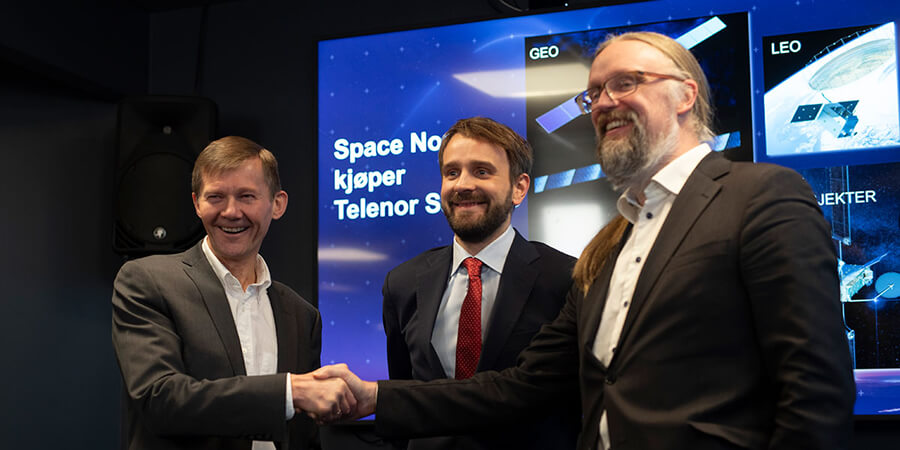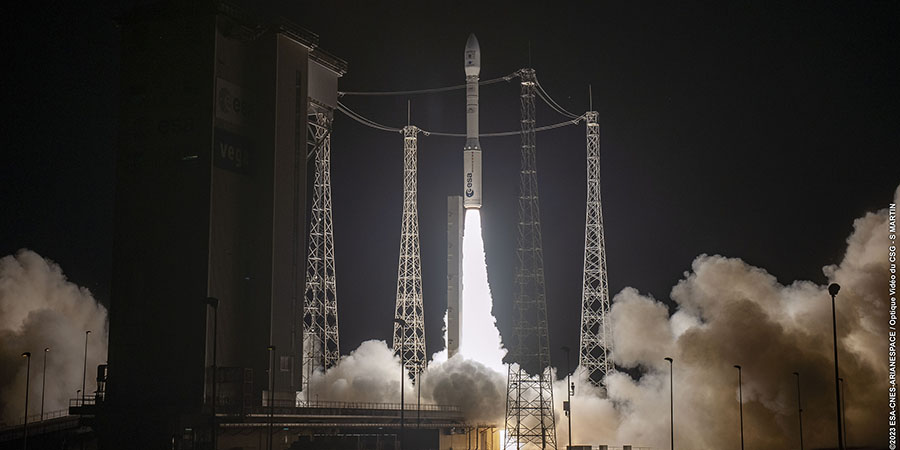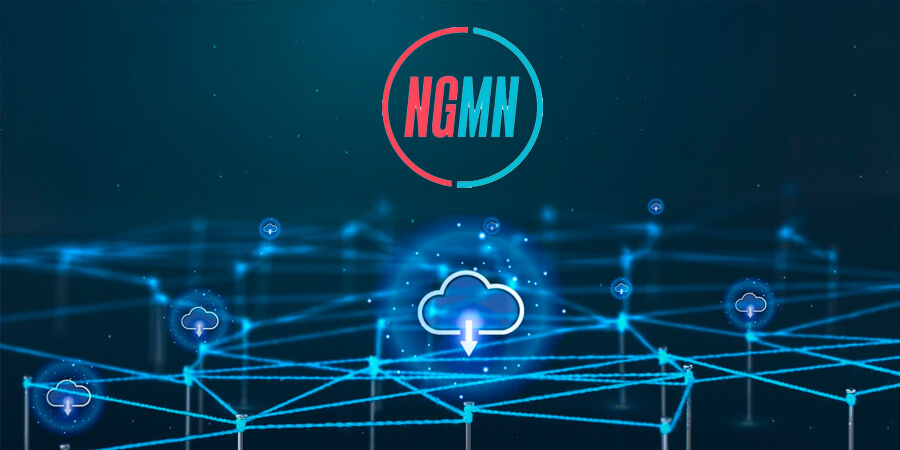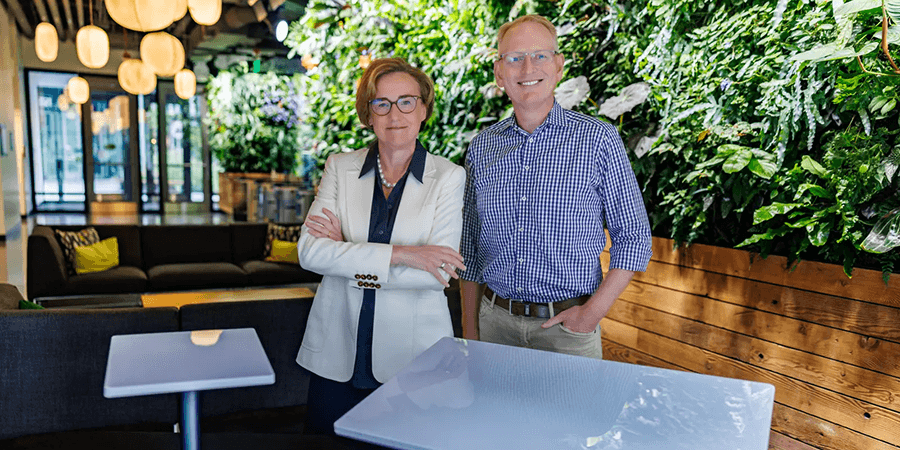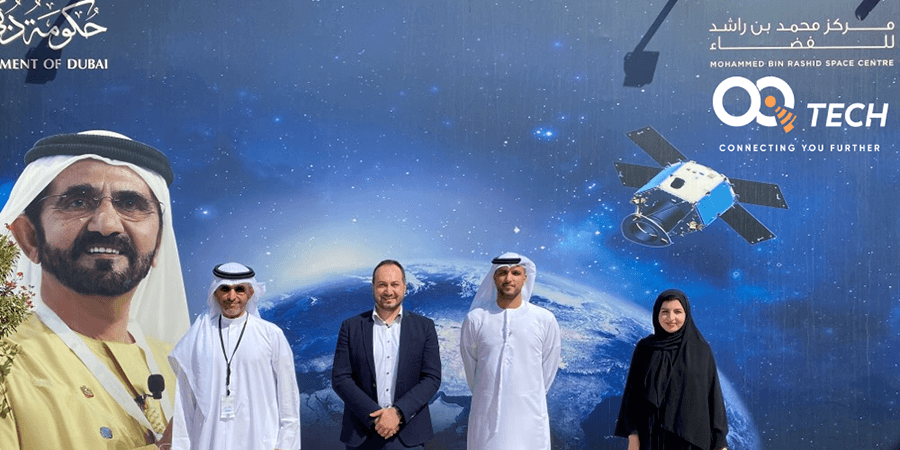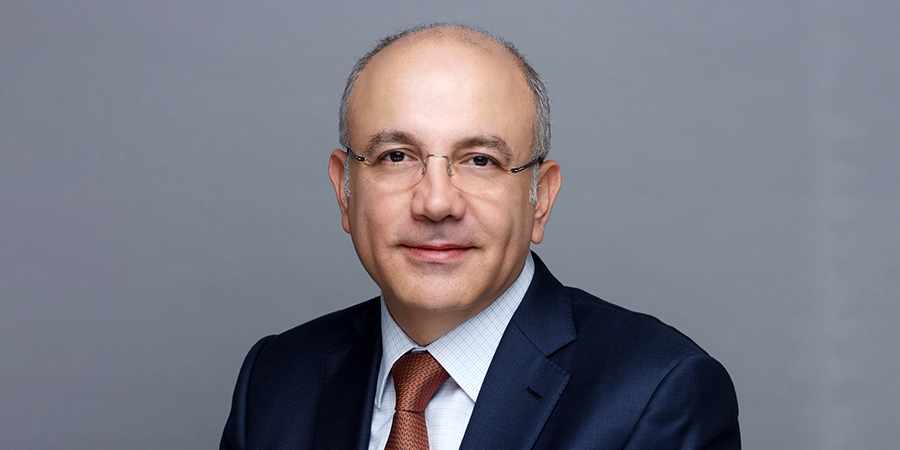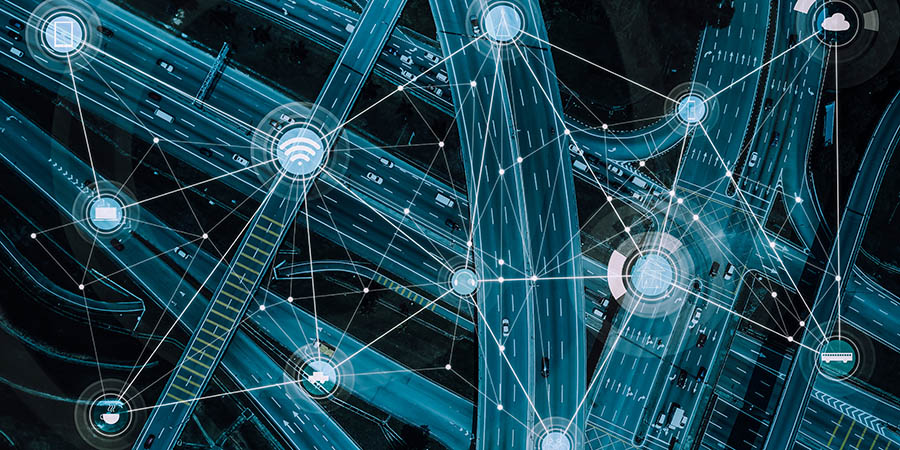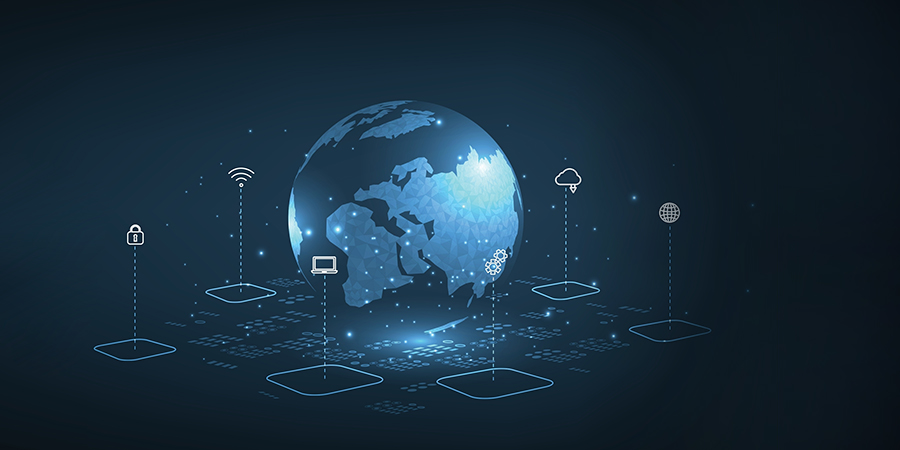The World Health Organization (WHO) and the International Telecommunication Union (ITU) have announced their intention to work with telecommunication companies to urgently introduce a coronavirus text messaging service for the billions of people worldwide who aren’t able to connect to the internet for information.
In a joint statement, the global bodies, backed by the United Nations Children's Fund (UNICEF), said the goal is to send vital health messages to everyone, but above all the estimated 3.6 billion people who remain offline, especially those living in low-income countries, where an average of just two out of every ten people are online. “Now more than ever, technology must ensure that everyone can access the information they need,” the statement said.
The collaboration will begin across the Asia-Pacific region before being rolled out to the rest of the world, said the partners, adding that the initiative builds on current efforts to disseminate health messages through the joint WHO-ITU BeHealthy BeMobile campaign.
In a statement, the WHO and ITU described Covid-19 as the first pandemic where technology and social media can be used on a massive scale to keep people safe. "Resilient and trustworthy telecommunication networks and services are essential, as more countries, companies and individuals turn to digital technologies to respond to and cope with the impact of Covid-19," they said.
Building on their longstanding collaboration, ITU and WHO are committed to identifying and scaling best evidence-based digital health solutions and to leveraging frontier technologies such as artificial intelligence and big data to diagnose, contain and predict outbreaks better and faster.



